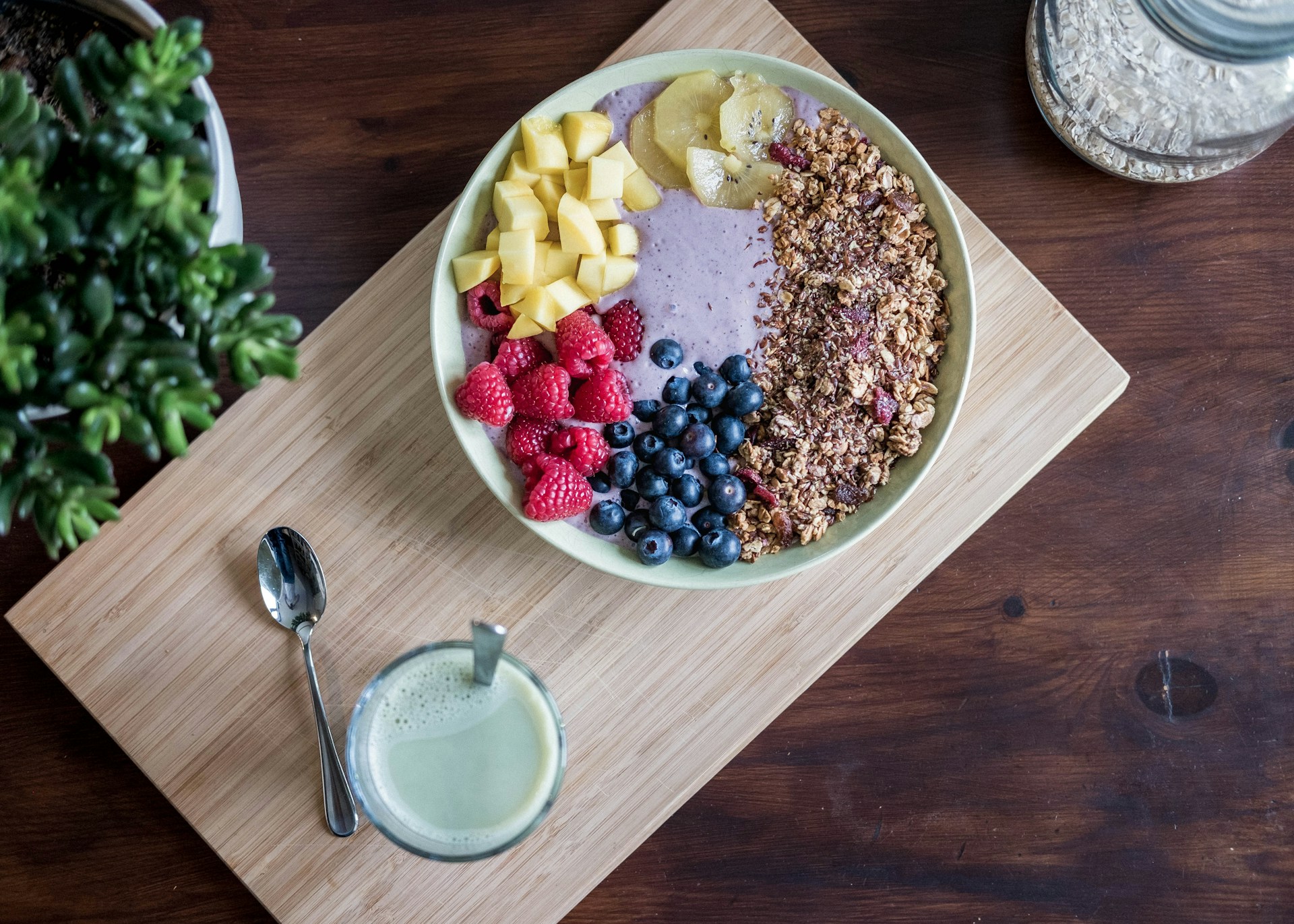Nutrition
Boost Your Diet: Top 10 Superfoods Nutritionists Recommend

In the quest for a healthier lifestyle, we commonly hear what we should avoid in our diets. However, even when we think we are eating healthfully, we might still miss out on necessary nutrients. Nutrition experts highlight the significance of incorporating superfoods into our diets. Superfoods are nutritionally dense foods known for their extra health benefits, typically packed with vitamins, minerals, and antioxidants. So, which superfoods should you prioritize? Here are ten that come highly recommended by nutritionists.
Amanda Sauceda, MS, registered dietitian and gut health nutritionist, lists salmon, specifically with the skin on, as a leading superfood. She elaborates that salmon provides collagen, vitamin D, protein, and omega-3s, labeling it as a “4-in-1 package for health.”
“You want more salmon on your plate because it’s a 4-in-1 package for health,” Sauceda says. “You’re able to get a lot of nutrients in one food making it an ideal ingredient to keep in your fridge.”
Beyond salmon, another fish considered a superfood is the humble sardine. According to Michelle Routhenstein, MS, a preventive cardiology dietitian at EntirelyNourished, we should aim to consume two servings of sardines weekly.
“Sardines provide about 1.5 grams of omega-3 fatty acids per 3 ounces, contributing to half of the recommended weekly intake,” she shares. “These fatty acids help to lower triglycerides levels and reduce inflammation in the body, making them a heart healthy food to regularly add to your diet.”
This oily fish is also rich in calcium and vitamin D, contributing to better bone health.
If fish isn’t your favorite, Sauceda suggests an alternative: chicken with the skin, another fantastic source of collagen. She also proposes marinating your chicken with citrus to supplement your diet with vitamin C, or using chicken bones to make a collagen-rich bone broth.
Next in the protein lineup are eggs, which Brynna Connor, MD, general practitioner and healthcare ambassador at NorthWestPharmacy, considers a superfood.
“Eating just two eggs provides up to 30 percent of your daily vitamins, making them a great superfood option for a meal or snack,” she says. “Egg contain all nine essential amino acids that the body can’t produce on its own, as well as healthy unsaturated fats, vitamins, and minerals.”
Daryl Gioffre, DC, functional nutritionist and gut health expert, highlights avocados for their high monounsaturated fat content, which can be readily converted into energy by the body. Avocados also bestow a variety of vitamins including K, C, B5, B6 and, surprisingly, more potassium than bananas.
“They’re also surprisingly high in fiber, so they help maintain digestive health,” Gioffre adds.
Another green to consider is broccoli sprouts, which Gioffre emphasizes contain significantly more sulforaphane – a compound with antioxidant, anti-inflammatory, and even anti-cancer properties – than its mature counterpart.
“Broccoli sprouts boast nearly 38 micrograms of vitamin K per serving, while broccoli only contains 0.4 micrograms,” Gioffre states.
Beets are also worth adding to your diet. As Connor explains, they are rich in nitrates, which help maintain healthy blood vessels and improve blood flow. Studies have shown that regular beet consumption can enhance blood flow to the brain, particularly to regions vital for memory and critical thinking.
Chia seeds are another versatile superfood. They are a great source of protein, fiber, calcium, antioxidants, and omega-3s, as Gioffre points out.
“When consumed, they can help regulate blood sugar levels, promote digestive health, and support weight management,” he shares.
Erik Natkin, DO, a physician specializing in holistic wellness and nutrition, recommends spinach for its rich content of vitamins A, C, and K, along with magnesium, iron, and manganese.
“Eating spinach regularly can benefit eye health, reduce oxidative stress, and help prevent heart disease,” Natkin advises.
Finally, blueberries make the list as the top fruit-based superfood. They are loaded with flavonoids and antioxidants, which contribute to improved brain function and reduced risk of heart disease.
“Blueberries are loaded with flavonoids, particularly anthocyanins, quercetin, and myricetin, which are linked to improved brain function, decreased risk of heart disease, and promoting healthy aging,” Routhenstein advises.
Not only are they antioxidant-rich, but blueberries are also high in potassium and vitamin C, which support heart health and brain function. She recommends aiming for one to two cups of fresh or frozen blueberries in your weekly diet.
Remember, while our content provides an excellent starting point for your self-improvement journey, it should not be considered a substitute for professional medical advice. Always consult with a healthcare provider about your specific health concerns and any medication you may be taking.
Let us know what you think, please share your thoughts in the comments below.
